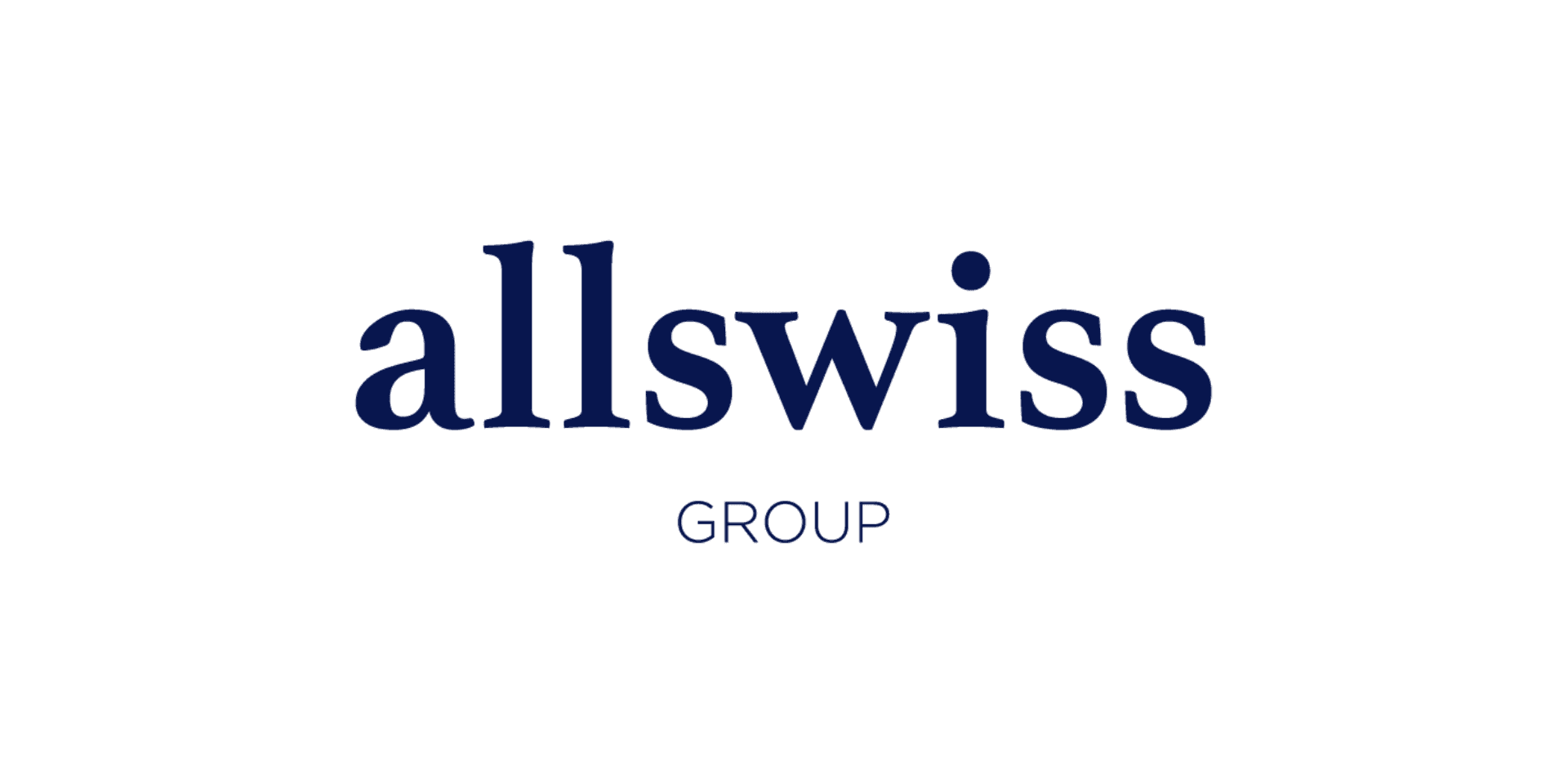Sustainable Investing in Schaffhausen: A Path to Responsible Wealth Management
Understanding Sustainable Investing
Sustainable investing is gaining traction as more investors seek to align their financial goals with their ethical values. In Schaffhausen, this approach to wealth management is becoming increasingly popular as individuals recognize the importance of investing in a way that supports environmental, social, and governance (ESG) criteria.
Sustainable investing not only focuses on financial returns but also considers the broader impact of investments on society and the planet. This dual focus allows investors to achieve responsible wealth management while contributing positively to the world.

The Rise of ESG Criteria
Environmental, social, and governance (ESG) criteria are essential components of sustainable investing. These criteria help investors evaluate companies based on their environmental policies, social responsibilities, and governance practices. By doing so, investors in Schaffhausen can select companies that align with their values and contribute to a more sustainable future.
Integrating ESG criteria into investment decisions can lead to better risk management and potentially higher returns. Companies that prioritize sustainable practices are often more resilient and better positioned for long-term success.
Environmental Considerations
Environmental factors focus on how a company impacts the natural world. This includes their carbon footprint, resource usage, and waste management practices. By investing in companies that prioritize environmental sustainability, investors can support efforts to combat climate change and protect natural resources.

Social Responsibility
Social criteria evaluate a company's relationships with employees, suppliers, customers, and communities. This includes labor practices, diversity, and community engagement. Investing in companies with strong social responsibility can lead to positive social change and enhance corporate reputation.
Investors in Schaffhausen can support companies that promote ethical labor practices and contribute positively to society, ensuring that their investments make a meaningful impact.
Governance and Ethical Practices
Governance factors assess a company's leadership, executive pay, audits, internal controls, and shareholder rights. Strong governance practices ensure transparency and accountability, reducing the risk of fraud and mismanagement.

By investing in companies with robust governance structures, investors can mitigate risks and enhance their portfolios' stability. Ethical governance practices also ensure that companies are well-managed and aligned with the investors' values.
Benefits of Sustainable Investing
Sustainable investing offers numerous benefits beyond financial returns. By considering ESG factors, investors in Schaffhausen can contribute to a more equitable and sustainable world. This approach can lead to:
- Enhanced risk management: Companies with strong ESG practices are often more resilient to risks.
- Long-term growth: Sustainable companies are better positioned for future growth.
- Positive societal impact: Investments contribute to social and environmental well-being.
Conclusion
Sustainable investing in Schaffhausen represents a responsible approach to wealth management. By focusing on ESG criteria, investors can achieve financial goals while supporting ethical and sustainable business practices. As more individuals recognize the benefits of this investment strategy, sustainable investing is set to become a key component of modern wealth management.

